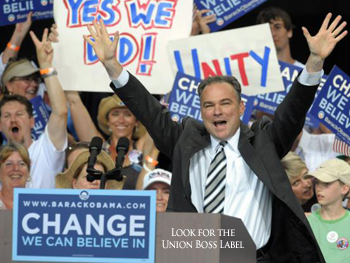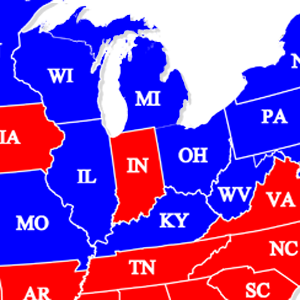Standing up for Workers? Hardly!
For decades, Thomas Sowell has been a voice of reason and that voice continues with his latest column, "The Last Thing Unions Are Concerned About Is Free Choice For Workers." Sowell writes:
Labor unions, like the United Nations, are all too often judged by what they are envisioned as being — not by what they actually are or what they actually do.
Many people, who do not look beyond the vision or the rhetoric to the reality, still think of labor unions as protectors of working people from their employers. And union bosses still employ that kind of rhetoric.
However, someone once said, "When I speak I put on a mask, but when I act I must take it off."
That mask has been coming off, more and more, especially during the Obama administration, and what is revealed underneath is very ugly, very cynical and very dangerous.
As workers in the private sector have, over the years, increasingly voted to reject joining unions, union bosses have sought to replace secret ballots with signed documents — signed in the presence of union organizers and under the pressures, harassments or implicit threats of those organizers.Now that the administration has appointed a majority of the National Labor Relations Board members, the NLRB has imposed new requirements that employers give union organizers with the names and home addresses of every employee. Nor do employees have a right to decline to have this personal information given out to union organizers, under NLRB rules.
In other words, union organizers will now have the legal right to pressure, harass or intimidate workers on the job or in their own homes, in order to get them to sign up with the union.






